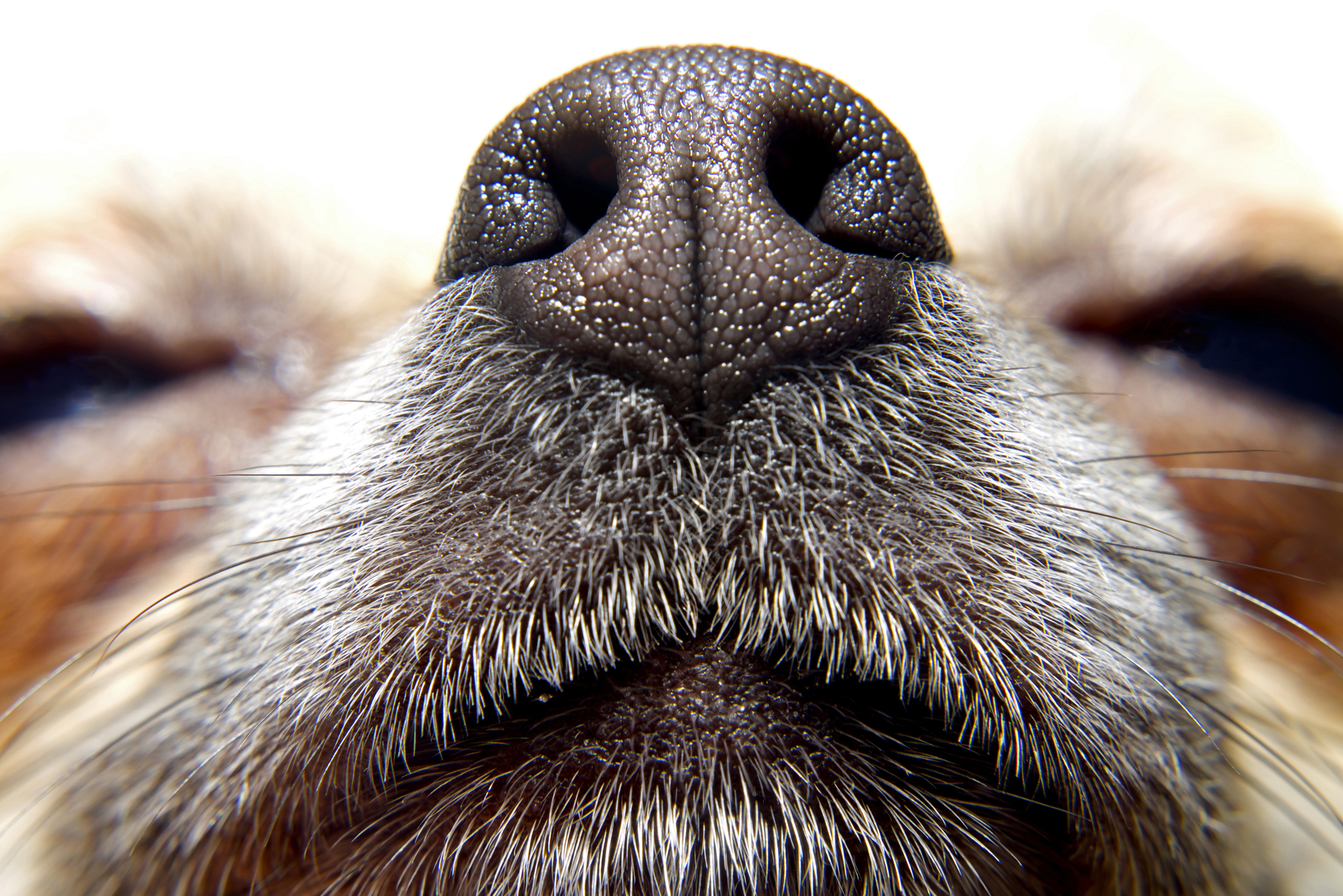Neutering is a surgical procedure used to describe the removal of sexual organs of dogs. However, neutering is more commonly used to refer to the de-sexing of male dogs. Ideally, neutering should be done before six months of age. It usually takes approximately 25 minutes for female dogs who have not yet come into oestrus.
In general, the process from pre-surgical exam to post-surgical observation cost approximately £110.00 (US $157.00) for a 100 pound dog or less. For dogs over 100 pounds the cost may increase due to the fact that more anaesthesia may be required. There are some advantages and disadvantages to neutering ( HYPERLINK “http://www.canismajor.com/dog/prayneut.html#three” http://www.canismajor.com/dog/prayneut.html#three).
Some veterinary clinics may offer laser surgery as an alternative to the traditional surgery. The laser procedure usually promises a less painful recovery process. There should be less pain, reduction in post-surgical swelling, and the process also vaporizes bacteria and viruses that may be in the surgical area. The laser process is more expensive than the traditional surgery. Veterinarians usually charge from £15.00 to £147.00 (US $21.00 to $210.00) in addition to the normal traditional charge ( HYPERLINK “http://www.darlenearden.com/articlelaser.htm” http://www.darlenearden.com/articlelaser.htm).
Spaying a female dog reduces the incident of mammary tumours if done at an early age; it also ensures no phantom pregnancies, womb infections, ovarian tumours, or unwanted pregnancies occur. Castration of male dogs removes the risk of prostate problems and testicular cancer and can reduce aggressiveness and hypersexual behaviour.
Neutering can also affect the growth rate and maturation of the dog and increases possibility of excessive weight gain. It may also affect the growth and texture of the dog’s coat. Spaying a female dog may also increase the risk of urinary continence, increase higher risk of developing other types of cancer, joint problems, and thyroid disease ( HYPERLINK “http://www.naiaonline.org/pdfs/longtermhealtheffectsofsprayneuteringdogs.pdf” http://www.naiaonline.org/pdfs/longtermhealtheffectsofsprayneuteringdogs.pdf). Castrating male dogs may not reliably reduce aggression or dominant behaviour ( HYPERLINK “http://www.thekennelclub.org.uk” http://www.thekennelclub.org.uk).
Neutering before adoption can reduce pet overpopulation. If you adopt a dog from an animal shelter there is a good chance the dog may have already been neutered. Neutering also reduces the dog’s desire to roam ( HYPERLINK “http://www.spca.bc.ca/animalcare/dogcare.asp” http://www.spca.bc.ca/animalcare/dogcare.asp).












